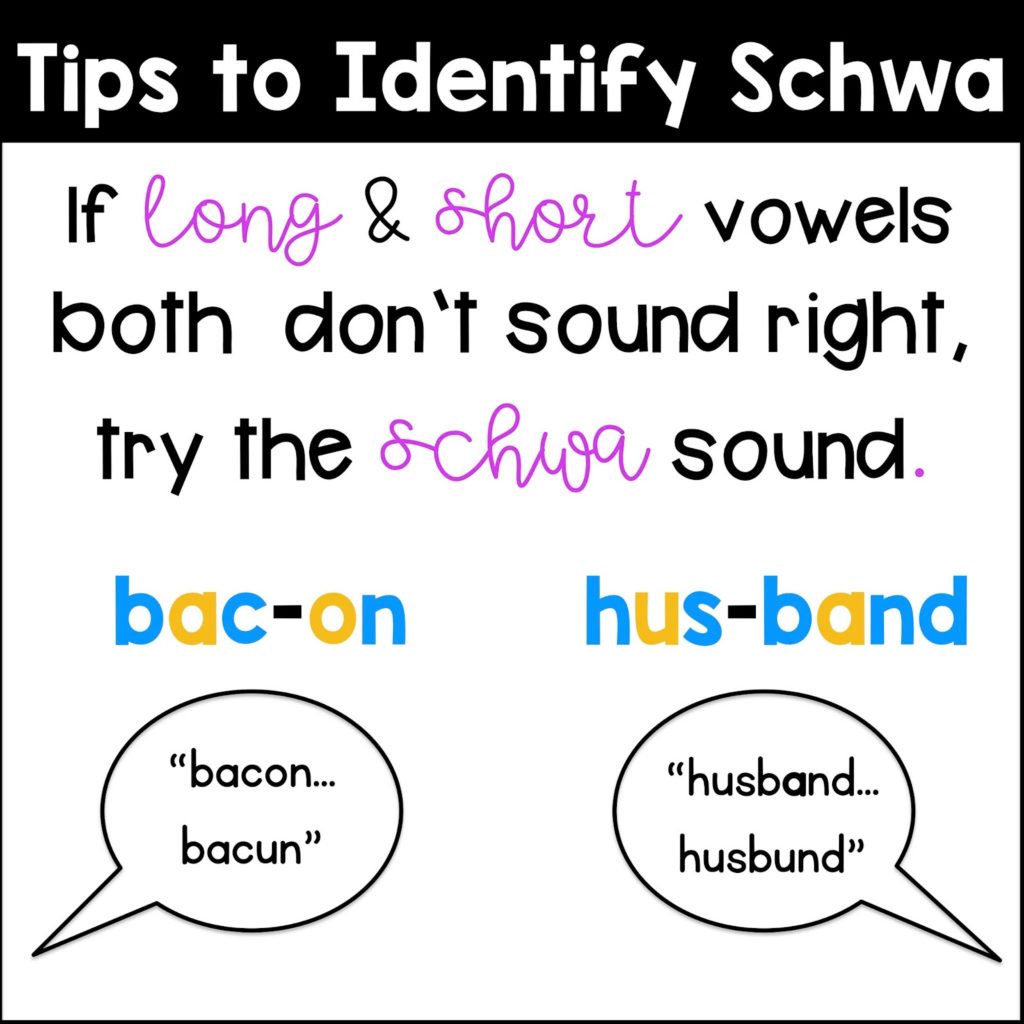
Note that a vowel is necessary to make up a syllable. An example is the word /elephant/, which has three syllable s /e-le-phant/. Certain syllables have more stress than others in a multisyllabic word. There are essential differences between stressed and unstressed sounds. The pronunciation is similar to /uh/ but more neutral. This way of pronunciation is because the schwa is unstressed. If you say these words aloud, you may notice that the schwa vowel is pronounced quicker and with much less emphasis than the other vowels in the word. The following are some examples of the schwa vowel in different words (schwa vowels in bold): English also classifies it as a reduced vowel, shortened and produced in a “weakened” manner when in an unstressed position. Therefore, it is not produced precisely alike in all instances, but it occurs mainly in unstressed syllables in words in English. The quality of the schwa vowel depends on the consonants surrounding it. Hence, the short, neutral and toneless sound, compared to other vowels.

A schwa is produced when the articulators (lips, tongue, and jaw) are entirely relaxed. This particular vowel is the most common in the English language. The International Phonetic Alphabet has assigned the symbol for a schwa vowel. However, in most variations of English, a schwa is known as an unstressed sound. Some languages incorporate stressed schwas. How a schwa is produced, stressed or unstressed, depends on the language and the specific definition of the sound.Ī schwa is pronounced as a neutral, relaxed, and toneless vowel sound.

You pronounce it like the first vowel sound in the English word /about/.

A schwa is a mid-central vowel sound, characteristic of a very relaxed vowel sound.


 0 kommentar(er)
0 kommentar(er)
